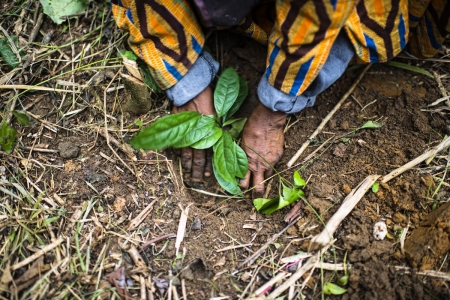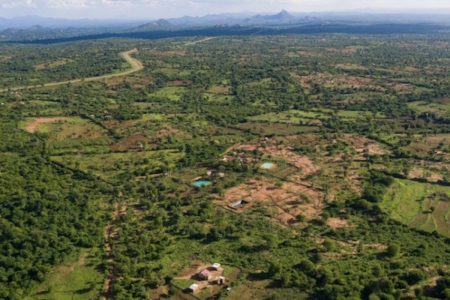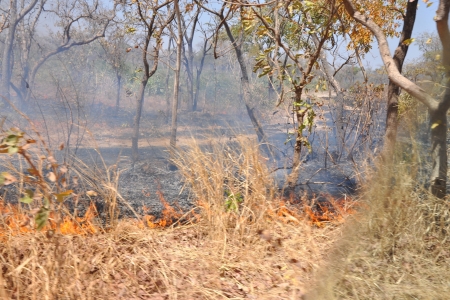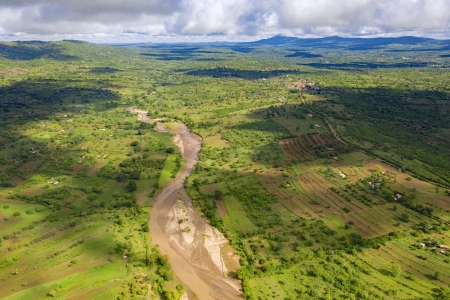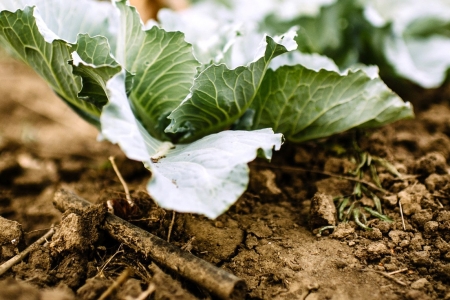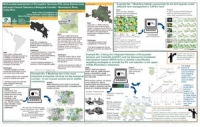Solution Cluster 3.3.3
Soil health is the foundation of our food systems. It is also critical to climate change mitigation and adaptation, enhancing above and belowground biodiversity, contributing to environmental restoration goals, and increasing food and nutrition security. Today’s soils face an unprecedented crisis. Over 40% of the Earth surface is currently degraded. Topsoil is being lost at a rate of around 75 billion tons annually, and soil carbon stocks are depleted by around 40-60%, equal to USD $400bn in lost agricultural production. Degraded agricultural soils negatively impact around 3.2 billion people.
Numerous soil-focused initiatives, hubs and platforms already exist, providing information, data and advocacy roles on a range of issues, including enhancing soil biodiversity, and protecting soil carbon. Yet, farmers and land managers face critical economic, structural, and technical capacity barriers to adopting and scaling healthy soil practices. These include:
- Lack of an effective coordination mechanism along value chains to deliver soil health and broader ecosystem restoration, including mineral and organic (peatland) soils;
- Few sustainable finance and investment models that facilitate scaling and are inclusive of smallholder farmers;
- Dearth of policies and incentives for promoting soil health and conserving agro-ecosystem services;
- Lack of tools, frameworks, and innovation to cost-effectively measure soil health
These constraints disproportionally impact the world’s 1.7 billion smallholder farmers who are regularly excluded from accessing finance, productive inputs and information needed to optimize farm production. Empowering them and addressing the present public and private gap in nature investment, holds to the key to widespread adoption of soil health practices. Read more


